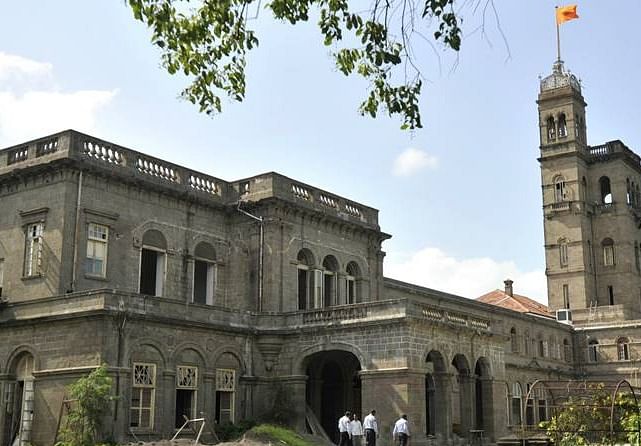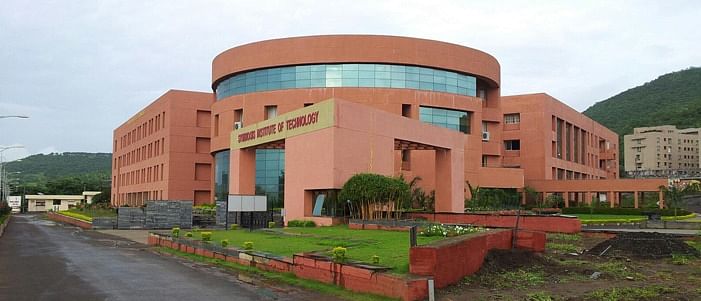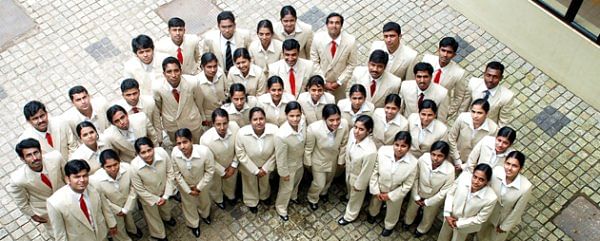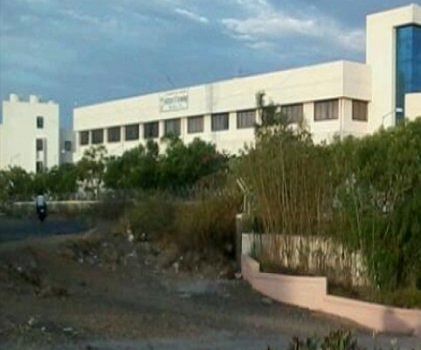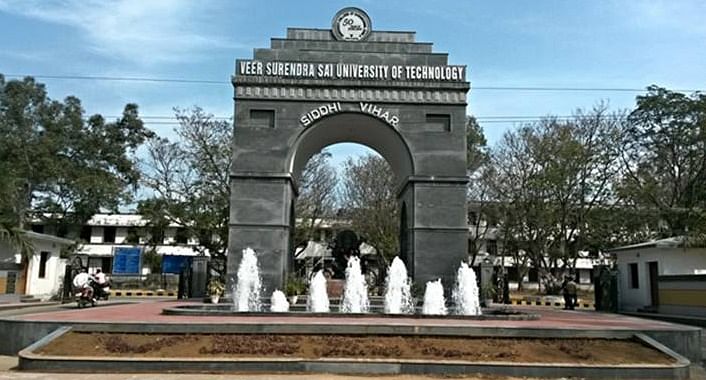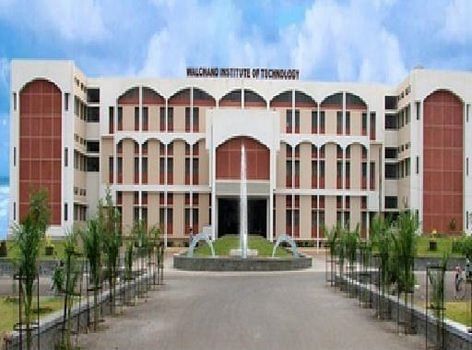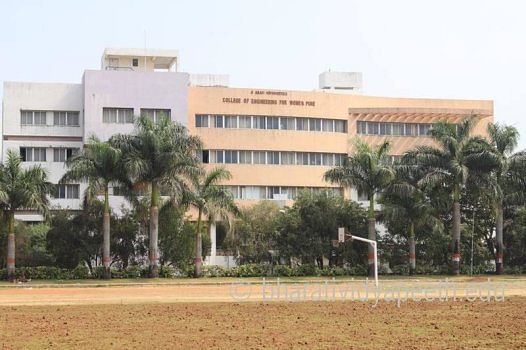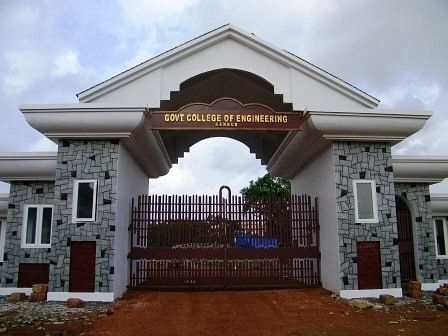B.Tech Electronics and Telecommunication Engineering Syllabus and Subjects

B.Tech Electronics and Telecommunication Engineering syllabus and subjects are structured in such a manner that it covers both theoretical and practical aspects of Electronics and Telecommunication Engineering. Fundamental subjects such as physics, engineering mathematics, engineering chemistry are included in the first year syllabus that lays out the foundation for the course.
Other core and elective subjects in the following semesters. The curriculum also includes project and industrial visits in the final semester that evaluates students overall application knowledge of the coursework. The syllabus of electronics and telecommunication engineering also includes soft skills such as communication to enhance students' communication and logical skills.
Semester Wise B.Tech Electronics and Telecommunication Engineering Syllabus
Electronics and Telecommunication Engineering subjects are diverse and include topics that are required for technical advancement in the industry. The B.Tech Electronics and Telecommunication Engineering course is a structure based on mathematics, science and other core electronics and communication subjects. The curriculum includes subjects like network analysis, systems design, circuit analysis, digital image processing, and many more. The curriculum is divided into eight semesters. The semester-wise subject split up is given below:
|
SEMESTER I |
SEMESTER II |
|
English |
Basic Electronics |
|
Engineering Mathematics-I |
Engineering Mathematics-II |
|
Engineering Physics |
Engineering Chemistry |
|
Engineering Graphics |
Environmental Engineering |
|
Engineering Mechanics |
Basic Civil Engineering |
|
Introduction to Telecommunication Engineering |
Basic Mechanical Engineering |
|
Computer Programming |
Computer Programming-II |
|
Physics Laboratory |
Chemistry Laboratory |
|
Engineering Graphics Lab |
Telecommunications Software Lab |
|
SEMESTER III |
SEMESTER IV |
|
Electronic Devices and Circuits |
Engineering Mathematics -IV |
|
Engineering Mathematics-III |
Microprocessors |
|
Digital Electronics |
Signals and Systems |
|
Electronic Measurement and Instrumentation |
Electronic Devices and Circuits-II |
|
Network Analysis |
Analog Communication |
|
Electronic Drives Laboratory |
Control Systems |
|
Digital ELectronics Lab |
Microprocessor Lab |
|
Instrumentation Lab |
Control Systems Lab |
|
SEMESTER V |
SEMESTER VI |
|
Digital Signal Processing |
Advanced Antenna Theory |
|
Electromagnetic Fields |
Digital Systems Design |
|
Analog Integrated circuits |
Control Engineering |
|
Microcontrollers |
Elective -II |
|
Elective-I |
Elective - III |
|
Analog IC Lab |
Control Engineering Lab |
|
Microcontrollers Lab |
Systems Design Lab |
|
Communication Engineering Laboratory |
Elective Lab |
|
Communication Principles |
Communication Engineering Lab |
|
SEMESTER VII |
SEMESTER VIII |
|
Elective-IV |
Industrial Management |
|
Elective -V |
Project |
|
Elective -VI |
Comprehensive Viva Voce |
|
Principles of Image Processing |
Dissertation |
|
Optical Communication |
Seminar/Paper Presentation |
|
Microwave Theory |
- |
|
Communication Engineering Lab |
- |
|
Elective Lab |
- |
B.Tech Electronics and Telecommunication Engineering Subjects
B.Tech in Electronics and Telecommunication Engineering subjects are classified into core, electives and lab subjects.
The core telecommunication engineering subjects are introduced in the second year syllabus and will be spread till the 7th semester of study. Practical sessions and workshops are introduced in the coursework, giving the students sufficient practical knowledge of applying theoretical concepts in the practical world.
In the choice-based credit system, electives can be selected by students based on their area of interest or further studies. Listed below are the B.Tech Electronics and Telecommunication Engineering subjects list.
B.Tech Electronics and Telecommunication Engineering Core Subjects:
- Electronic Drive and Circuits
- Advanced Antenna Theory
- Digital Systems Design
- Digital Communication
- Analog Communication
- Digital Image Processing
- Electromagnetic Fields
- Analog Circuits
- Principles of Communication
B.Tech Electronics and Telecommunication Engineering Lab Subjects:
- Communication Engineering Lab
- Systems Design Lab
- Control Engineering Lab
- Control Systems Lab
- Microprocessor Lab
- Analog IC Lab
- Seminar
- Workshops
B.Tech Electronics and Telecommunication Engineering Elective Subjects:
- Power Electronics
- VLSI Design
- Nano electronics
- MEMS and Microsystems
- Advanced 4G Systems
- Algorithms and data structures
- Satellite Communication & RADAR Engineering
- Optical Communication
- Embedded Systems
- IOT
- Adaptive Signal Processing
- Multimedia Communications
- Neural Network and Fuzzy Control
B.Tech Electronics and Telecommunication Engineering Course Structure
B.Tech Electronics and Telecommunication Engineering course structure consist of common engineering, core, and choice-based elective subjects. The B.Tech Electronics and Telecommunication Engineering curriculum is split into eight semesters of study. The first year syllabus covers foundational engineering subjects such as physics, maths, and chemistry along with some fundamental electrical and mechanical engineering. The final semester requires the student to submit research-based projects and a dissertation. Overall, the B.Tech Electronics and Telecommunication Engineering course structure consist of:
- Core, Elective and Lab subjects
- 8 Semesters
- Mandatory Project
- Internship Training
- Workshops
B.Tech Electronics and Telecommunication Engineering Teaching Methodology and Techniques
B.Tech Electronics and Telecommunication Engineering employ a variety of teaching methods as it is a specialized communications engineering course. Besides the lecture-based teaching, electronics and telecommunication labs, projects and other knowledge-based activities are also included. The B.Tech 4th-year Electronics and Telecommunication Engineering syllabus involves research-based project work where students work in a team or as individuals, and develop solutions for real-world problems.
The research project encourages students to apply theoretical concepts and understand what they’ve studied in the B.Tech Electronics and Telecommunication Engineering course. Some of the common teaching methodology and techniques are:
- Group projects
- Workshops
- Practicals
- Case Methodology
- Lectures
B.Tech Electronics and Telecommunication Engineering Projects
Electronics and Telecommunication Engineering projects can be based on varied topics such as networking, communication protocols, circuit design, IoT, systems design, software applications, etc. The project enhances the conceptual understanding and improves the problem-solving ability of students. Students also get practical exposure in their core domains helping them to understand the industry better.
Following are a few Electronics and Telecommunication Engineering Projects:
- Home Automation using IoT
- Signal Tracker System
- RFID based Access System
- Solar Tracking
- Digital Data Streaming
- Smart Energy Instrument using GSM
B.Tech Electronics and Telecommunication Engineering Reference Books
Below is a list of reference books for B.Tech Electronics and Telecommunication Engineering:
|
Books |
Authors |
|
Elements of Electromagnetics |
Sadiku |
|
Silicon VLSI Technology |
Plummer Deal |
|
Automatic Control System |
BC Kuo |
|
Electronics Communication |
Roddy Cooln |
|
Communication Systems- Analog and Digital |
SD Sapre and RP Singh |
|
Modern Digital Design |
Richard Sandige |
|
VHDL Techniques, Experiments and Caveats |
Joseph Pick |
